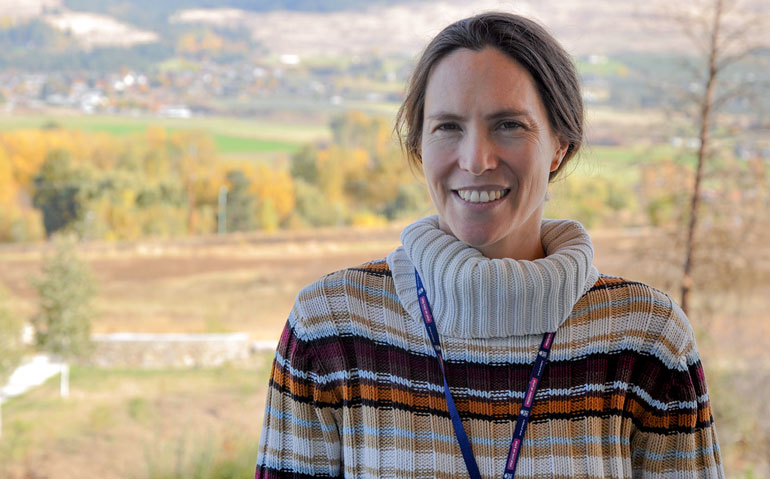
UBC Assistant Professor Catherine Broom.
How and what BC children learn in schools has traditionally been politically driven and largely ignored the input of educators, a UBC study has found.
A recent case study of major curriculum revisions in 1937, 1968, and 1997 conducted at UBC’s Okanagan campus found that people with political power had significant control over these three curriculum revisions. During these revisions, committees of like-minded colleagues developed the curriculum guides and limited or ignored feedback on the documents.
“The curriculum reforms of the past were undemocratic because individuals kept the process under their control and implemented educational ideas that were attractive to them,” says Catherine Broom, and assistant professor in UBC Okanagan’s Faculty of Education. “These individuals did not give each citizen equal access to information or a chance to authentically comment on the revisions and often left teachers out of the conversation.
“Because teachers were traditionally given limited information or left out of the conversation, some teachers resisted curriculum revisions by teaching in their own styles or continued to teach how they had always taught,” says Broom.
Broom believes reviewing the process of how curriculum has been developed historically can provide some insights into the process of future educational reform conversations and curriculum development.
“What history tells us is that how included teachers feel in the process can influence how well new curriculum is implemented at the classroom level,” says Broom. “If teachers don’t feel included and supported, they may go back to teaching the way they feel comfortable teaching.”
The BC government’s Ministry of Education most recently proposed curriculum revisions occurred in 2015. Broom says her study may provide insight into how the new K-12 curriculum may be received and implemented.
“Teachers and the general public hold a wide array of views on student learning, and many of these views have not been considered in the curriculum revisions of the past,” says Broom. “How well curriculum developers today invite feedback on the present revision and attend to that feedback, and how well the curriculum developers support teachers to implement the new curriculum with resources and sample lessons and aids, remains to be determined.”
Broom’s research was recently published in the Journal of Curriculum Studies. To find out more, visit: www.tandfonline.com/doi/abs/10.1080/00220272.2015.1069402
—30—